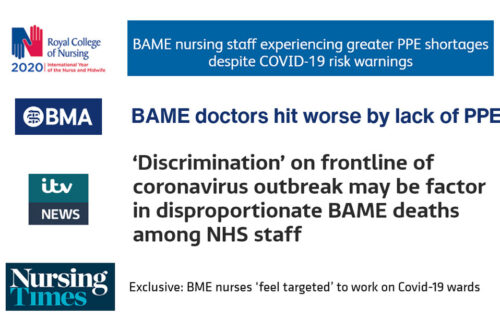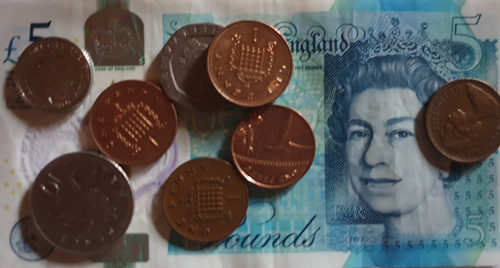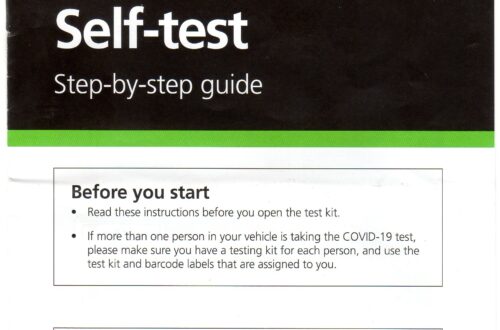Is politicial opportunism and wilful blindness a prerequisite for being a politician?
Two weeks ago when the story of the unauthorised access of the voicemails on Milly Dowler’s phone because news and the extent of the collusion and corruption between politicians, police and the media started to become known, politicians were nodding furiously and claiming victim status due to what they claimed was intimidation by the media.
What they failed to do (with only a few notable exceptions) is to expand on that by providing personal examples where they were personally affected or how this intimidation had impacted on their actions in a professional capacity (do the words professional and politician belong in the same sentence? I felt some unease there as I was typing that I must say). There was lots of nodding in agreement that there is a culture of intimidation fostered by the tabloid press but not a peep out of anyone around how politicians themselves can resist this intimidation.
Then during the parliamentary debate on Wednesday complacency set in. I heard lots of “Honourable Members” talking of how the relationship between the press and police should be clarified and put on a better footing but not once did I hear any politician speak of how the relationship between parliamentary members and the media needed scrutiny. No hint that their behaviour had encouraged the tabloids and other media outlets and certainly no acknowledgement of how their behaviour has been compromised by the media, it was as if they were faultless.
I know I should now go on to list all the well documented instances of politicians bowing to the pressure exerted by media interests but instead I’ll just link to this comprehensive post which outlines some of the main areas where News International has sought to influence parliament and government actions. The addition of course is the visit to the then PM Gordon Brown by three newspaper editors as the government was preparing to enact a statute that would result in custodial sentences for those who breached the The Criminal Justice Act of 2008. It provides for a maximum two-year sentence for illegally obtaining personal information without its owner’s consent.
In a 2008 speech to the Society of Editors, Daily Mail editor Paul Dacre described how he had persuaded then Prime Minister Gordon Brown to rethink the proposals to protect press freedom.
He said: “The fourth issue we raised with Gordon Brown was a truly frightening amendment to the Data Protection Act, winding its way through Parliament, under which journalists faced being jailed for two years for illicitly obtaining personal information such as ex-directory telephone numbers or an individual’s gas bills or medical records.
“This legislation would have made Britain the only country in the free world to jail journalists and could have had a considerable chilling effect on good journalism.
“The prime minister – I don’t think it is breaking confidences to reveal – was hugely sympathetic to the industry’s case and promised to do what he could to help.
“Over the coming months and battles ahead, Mr Brown was totally true to his word.”
and the provision was never enacted.
It all comes together in a perfect storm with the hacking scandal. The PM has a close friendship with his neighbour, who just happens to be the head of one arm of a large media empire. This media organisation then supports the political party the (then) aspiring PM leads during the election campaign, the party adopts a media policy that reflects the overall business ambitions and position of the media organisation and within a month of the election being won by the party he media organisation has proposed a deal that would substantially increase the size and revenue of the organisation. Which the government was prepared to uncritically support, until the allegedly illegal behaviour of one of the organisation’s newspapers was highlighted.
To a casual observer, it would appear collusion and perhaps corruption could be involved. This is without looking any wider than that particular chain of events.
There is absolutely no reason for politicians to ever attend social events (outside of perhaps where the event is for charity) organised by media organisations or by employees of media companies, there is no reason for politicians to ever have meetings with employees of media companies outside of their offices – coffees, drinks, lunches and dinners that are then paid for by the company concerned should be seen as attempts to manipulate and compromise politicians. Lobbying rules should forbid these types of activities and there is no way that anyone can claim these activities are anything but lobbying and trying to build influential relationships with the politicians concerned. Yet do politicians acknowledge how they are compromised by the offers of media support, the free lunches, the sympathetic press pieces? No, they’re trying to ignore their own culpability in this mess and refusing to lift the rock to expose their duplicity and actions that are against the public interest.
Which is why, this won’t be resolved and it will happen again.




